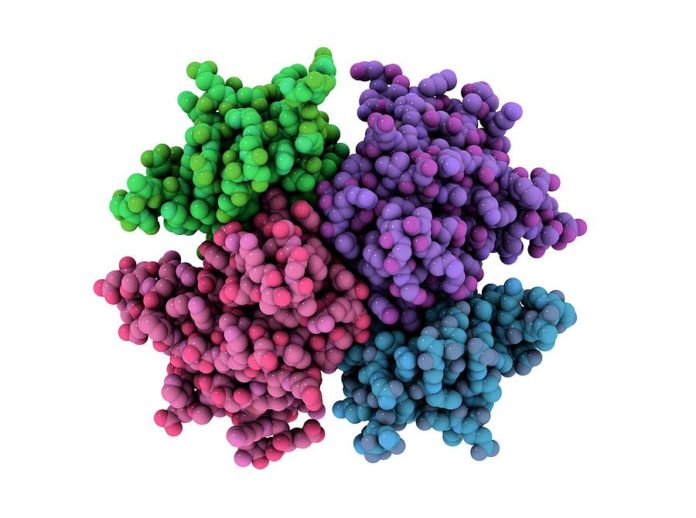Protein Common Factor in Parkinson’s and tuberculosis Unearthed
Mutations at the leucine‐rich repeat kinase 2 (LRRK2) are related to Parkinson’s disease, chronic inflammation and mycobacterial infections. Even though there’s evidence supporting the concept that LRRK2 comes with a immune function, the cellular role of the kinase remains largely unknown.
Now, a team consisting of researchers at the Francis Crick Institute, GlaxoSmithKline and Newcastle University have investigated the role of this protein in tuberculosis, suggesting that it behaves similarly in Parkinson’s.
Mutations in the LRRK2 gene have been known to result in a range of diseases, including Crohn’s, ulcerative colitis and leprosy, in addition to tuberculosis (TB) and Parkinson’s.
Drugs that block this genetic expression are perceivably promising treatments for Parkinson’s, and many pharmaceutical companies are indeed developing such drugs that target LRRK2 and clinical trials underway. But then, the catch is, how overactive LRRK2 causes Parkinson’s and why LRRK2 blockers work being a mystery.
Utilizing a combination of experimental approaches, Crick and GSK researchers, in cooperation with proteomics expert Matthias Trost in Newcastle University, discovered that LRRK2 prevents phagosomes from fusing with lysosomes in both mouse and human macrophages, which makes them less effective at preventing germs.
Preventing the LRRK2
gene or treating the cells using an LRRK2 blocker substantially diminished amounts of Mtb.Experiments supported these findings in cells. When the researchers analyzed the gene for LRRK2 in mice, researchers discovered they exhibited an improved early immune response to TB disease, and had substantially reduced rates of Mtb in their lungs compared to control mice around 2 weeks after disease.
“We think that this mechanism might also be at play in Parkinson’s disease, where abnormal masses of protein called ‘Lewy bodies’ build up in neurons in the brain and cause damage,” said Susanne Herbst, joint first author of the paper and post-doctoral fellow at the Crick.
Susanne added: “By studying TB, we have found a possible explanation for why LRRK2 mutations are a genetic risk factor for Parkinson’s disease. It’s exciting when different fields of research connect up in unexpected ways like this!”
Co-author Patrick Lewis, Associate Professor in Cellular and Molecular Neuroscience at the University of Reading, said: “The dogma in the Parkinson’s field has been to focus almost exclusively on what is happening to neurons in the brain to make them degenerate. But over the last few years, there has been a growing appreciation of the integral role of other cells in the brain and particularly the immune system in keeping neurons healthy. This study reinforces why we should think more broadly about the events that cause neurodegeneration, and that some of the answers to Parkinson’s disease might come from immunology.”
































